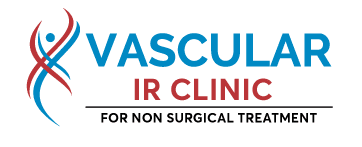Varicose veins are a common, usually harmless part of pregnancy in some women. They occur when the uterus exerts pressure on a large vein (lower vena cava) that carries blood back to the heart from your legs and legs. Varicose veins may become itchy, uncomfortable, or even painful.
Varicose veins tend to be hereditary — your mother or grandma may have had them during pregnancy, too. So, unfortunately, there isn’t much you can do to prevent them, but good and precautions and early treatment prevent complication and progression.
But here are some FAQs & ways to reduce varicose vein pain and avoid making the veins worse:
Are varicose veins dangerous during pregnancy?
For some women, varicose veins are a common, usually harmless part of pregnancy. They occur when the uterus exerts pressure on a large vein (lower vena cava) that carries blood back to the heart from your legs and legs. Varicose veins may become itchy, uncomfortable, or even painful.
How do I stop the varicose veins during pregnancy?
- Regular workout.
- For your pregnancy stage stay within the acceptable weight range.
- Lift your feet and legs to heart level or higher whenever possible.
- Do not cross your legs or ankles while you sit down.
- Do not sit for long periods, or stand, regular change of posture.
Do varicose veins go away after giving birth?
Varicose veins appear to strengthen after your pregnancy is over, but once the veins are affected they tend to increase in severity with time. and normally will require the treatment depending on the symptoms.
varicose veins, pregnancy & blood clots
During pregnancy, you can also note the varicose veins. They are the product of excessive pooling of blood in the veins, usually in the legs. Pregnant women are seven times more likely to experience deeper venous blood clots, a disorder known as deep vein thrombosis
